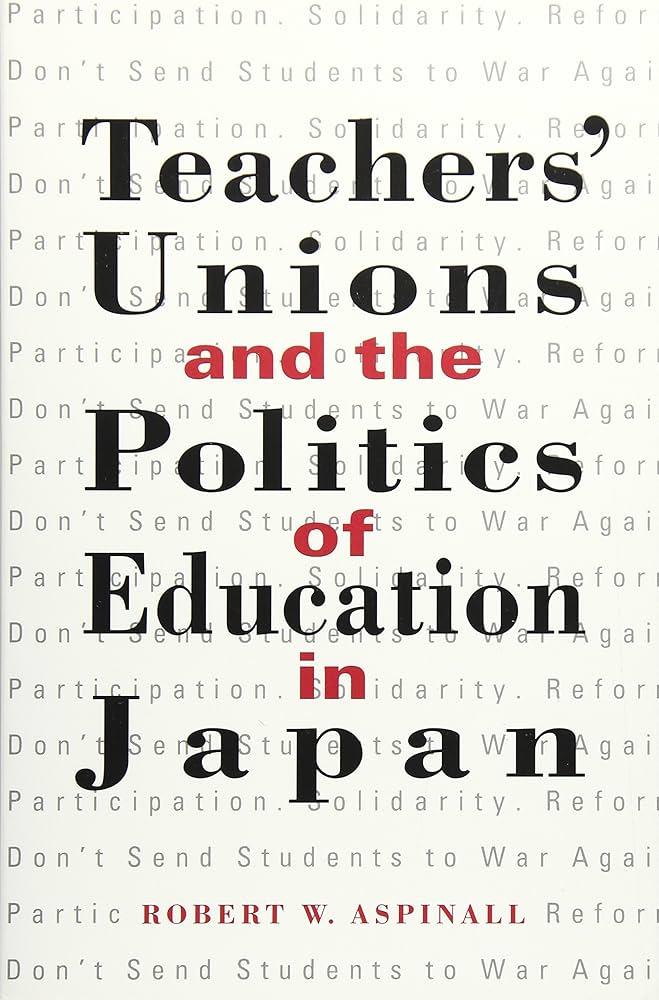In a significant legal challenge, teachers unions have filed a lawsuit against the Trump administration in response to efforts aimed at dismantling the Department of Education. The unions contend that the administration’s push to reduce the agency’s influence threatens critical protections and resources for students and educators nationwide. This escalating dispute highlights the broader battle over the future role of federal oversight in American education policy.
Teachers Unions Challenge Trump Administration’s Efforts to Dissolve Education Department
The lawsuit filed by multiple teachers unions marks a significant confrontation against the Trump administration’s controversial plan to dismantle the U.S. Department of Education. The unions argue that such a move threatens critical federal oversight and funding mechanisms that support millions of students nationwide. They emphasize the department’s role in enforcing civil rights protections, ensuring equitable access to education, and managing essential programs like student loans and special education services.
Key points highlighted by the unions include:
- The impact on underserved communities that depend heavily on federal education initiatives.
- The potential loss of accountability measures for state education systems.
- Concerns over the privatization of public education and the risk of increased inequality.
| Aspect | Department’s Role | Union Concerns |
|---|---|---|
| Funding | Distributes billions in grants | Risk of cuts to low-income schools |
| Regulation | Enforces anti-discrimination laws | Loss of federal oversight |
| Support | Manages student loan programs | Potential disruption of loan servicing |
Legal Arguments Focus on Protection of Federal Education Funding and Worker Rights
The lawsuit filed by teachers unions underscores a critical defense of federal education funding that supports millions of students nationwide. Legal representatives argue that the attempted dissolution of the Education Department threatens the stability of grant programs,Title I funding for disadvantaged schools,and resources allocated under the Individuals with Disabilities Education Act (IDEA). These programs rely heavily on federal oversight to ensure equitable distribution and proper use of funds, which the unions assert would be jeopardized by the administration’s move.
Beyond financial concerns,the unions spotlight the erosion of worker protections embedded in federal policies. They contend that the Education Department plays a vital role in enforcing labour rights for educators, including collective bargaining and workplace safety standards. The complaint outlines specific cases where these protections have facilitated fair treatment and dispute resolution for teachers nationwide, emphasizing that dismantling the department could severely undermine union power and employee rights.
| Key Issue | Impact of Department Closure |
|---|---|
| Federal Funding Oversight | Loss of regulatory framework to monitor fund use |
| Title I Grants | Potential disruption to aid for low-income communities |
| Worker Rights Enforcement | Reduced support for fair labor practices |
| Special Education Protections | Risk to services under IDEA |
Implications for Public School Systems and Federal Oversight Explored
The proposed dismantling of the Department of Education has sparked significant concern among public school systems nationwide, raising questions about the future of federal guidance and funding. Many districts rely heavily on the department’s oversight to maintain standards, enforce civil rights protections, and provide resources for underserved communities.Without this federal structure, schools may face increased disparities in educational quality, with states left to navigate complex issues independently, frequently enough without sufficient experience or resources.
Key impacts scholars and union leaders highlight include:
- Reduction in Federal Accountability: Potential weakening of enforcement mechanisms that ensure equal access to quality education.
- Funding Uncertainty: Risks of decreased federal aid which many public schools depend on for special programs and infrastructure.
- Fragmented Policy Implementation: Varied state approaches could exacerbate inequality across districts.
| Potential Impact | Likely Outcome |
|---|---|
| Federal Civil Rights Enforcement | Weakened protections in school discipline and accessibility |
| Title I Funding | Less consistent support for low-income students |
| Special Education Oversight | Increased variability in services across states |
Experts Recommend Strengthening Union Advocacy and Policy Engagement Strategies
Education policy experts emphasize the critical need for unions to enhance their advocacy mechanisms in the face of mounting administrative pressures. Strengthening policy engagement means adopting more proactive lobbying efforts, increasing collaboration with allied stakeholders, and leveraging data-driven research to influence legislative agendas. Central to this is cultivating a robust network of communication channels that ensure union voices are heard clearly by policymakers at federal and state levels.
Key strategies that advocates suggest include:
- Building coalitions with parent organizations, civil rights groups, and community leaders to amplify impact
- Investing in training programs that enhance members’ capacity to contribute meaningfully to policy discussions
- Utilizing digital platforms for real-time mobilization and broader engagement
| Policy Area | Recommended Action | Expected Outcome |
|---|---|---|
| Federal Funding | Lobby for sustained or increased budgets | Protect vital education programs |
| Teacher Rights | Advocate for stronger labor protections | Enhance job security and working conditions |
| Curriculum Standards | Engage in decision-making forums | Ensure equitable and inclusive content |
In Retrospect
As the legal battle unfolds, the case underscores the ongoing tensions between educators’ groups and the Trump administration over the future direction of federal education policy. With teachers unions vowing to challenge any efforts to diminish the Department of Education’s role, the outcome of this lawsuit could have lasting implications for the governance and funding of public education in the United States. Stakeholders across the education sector will be closely watching developments as the court weighs in on this contentious dispute.




